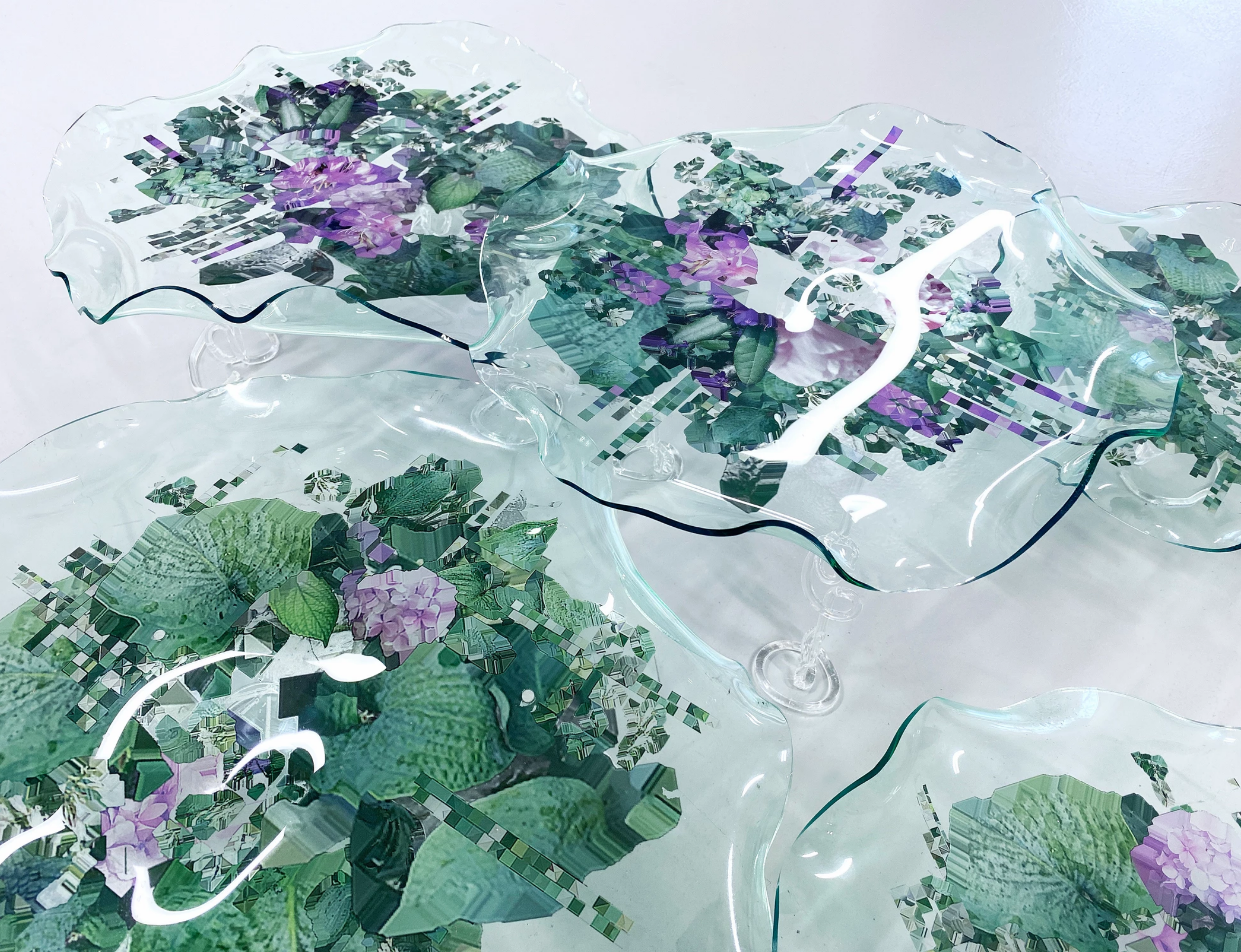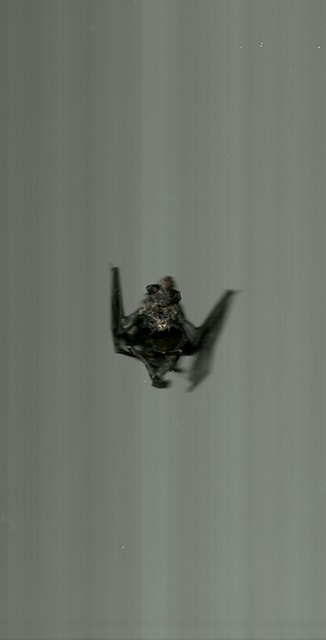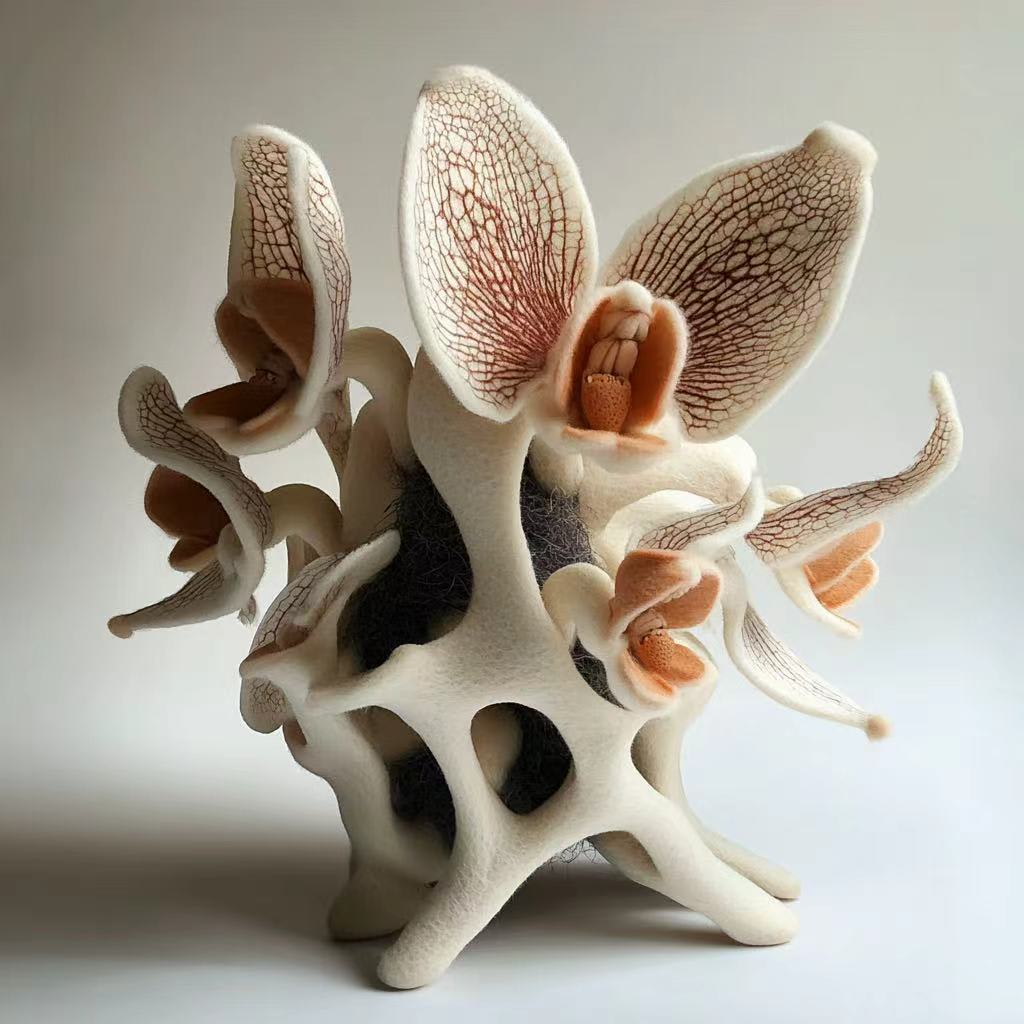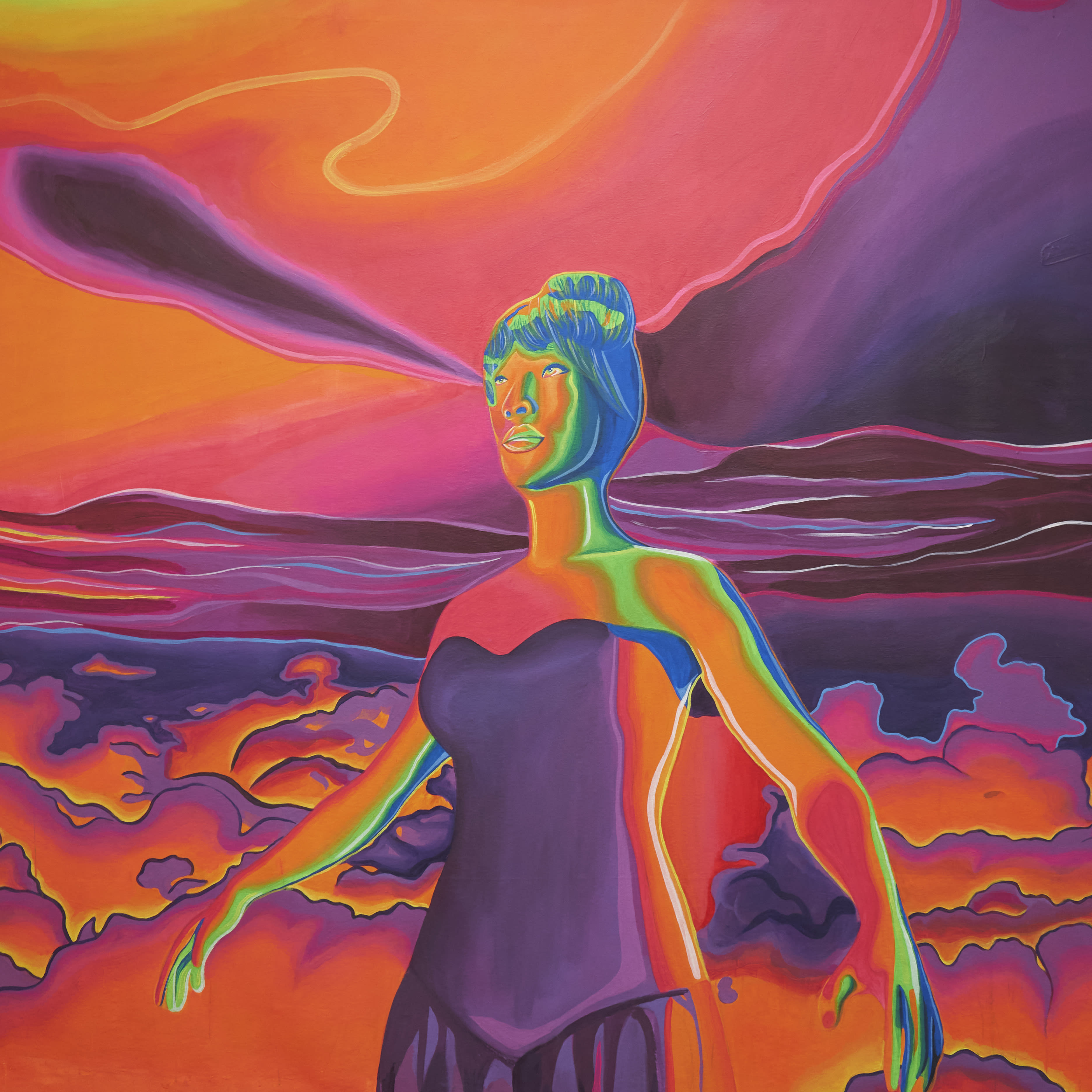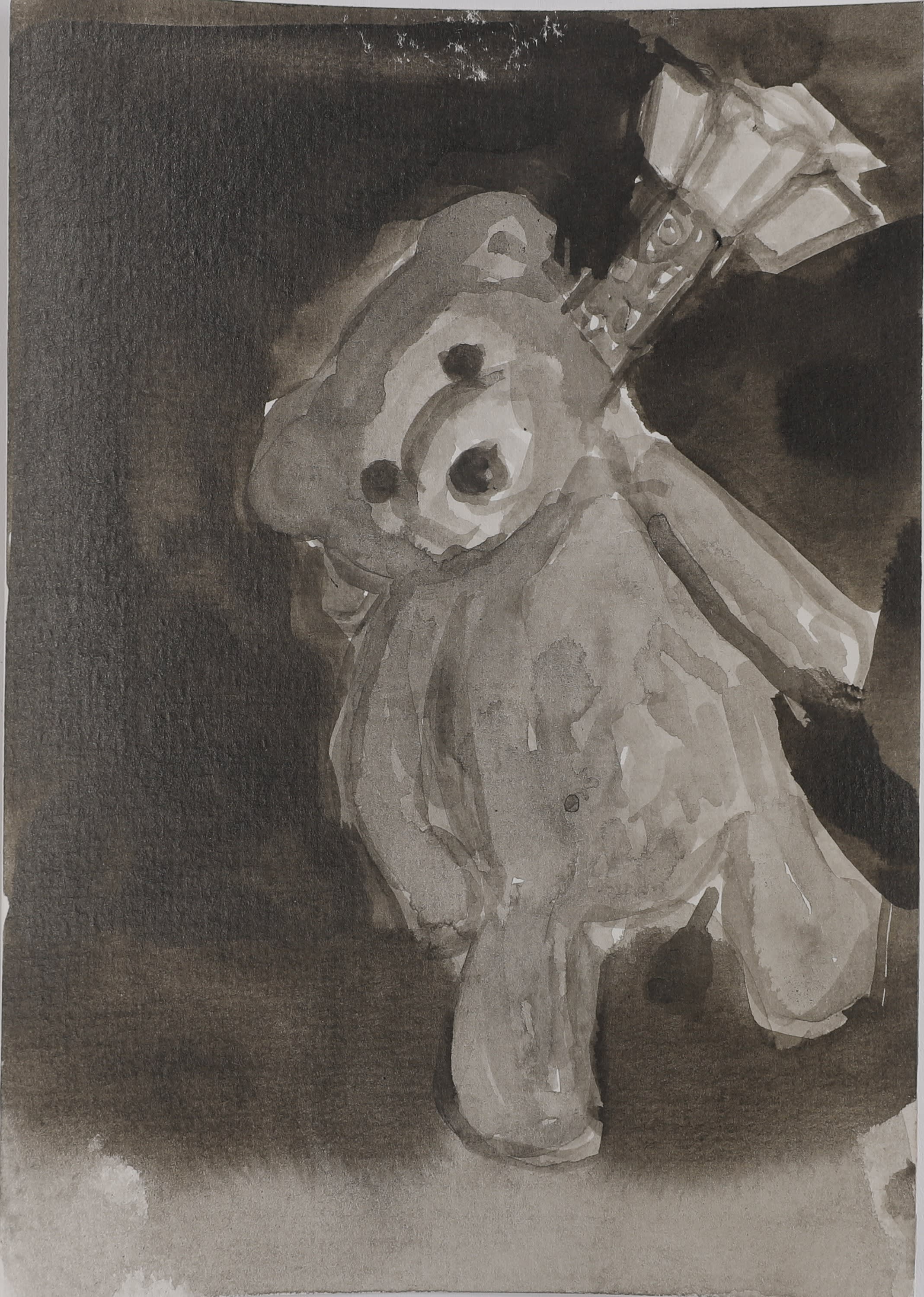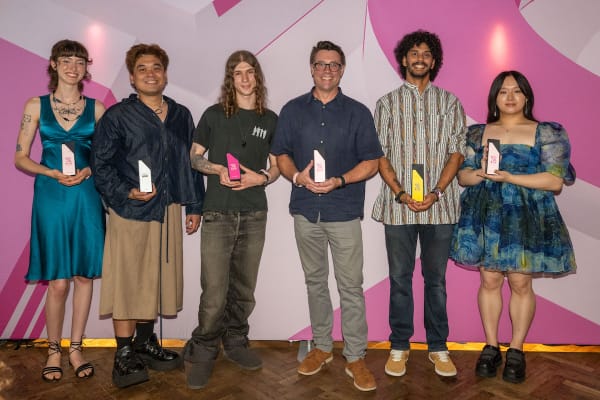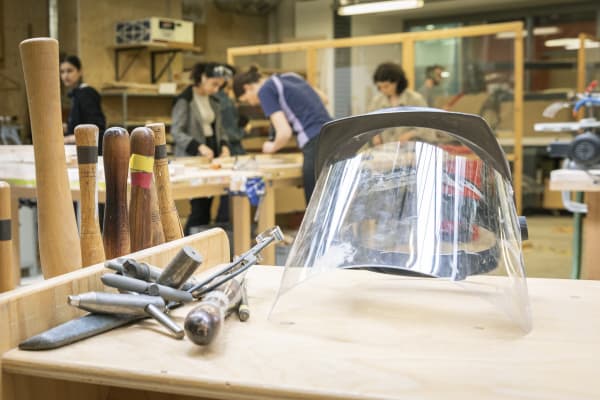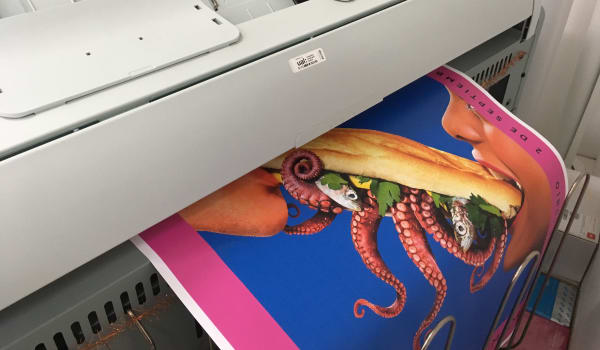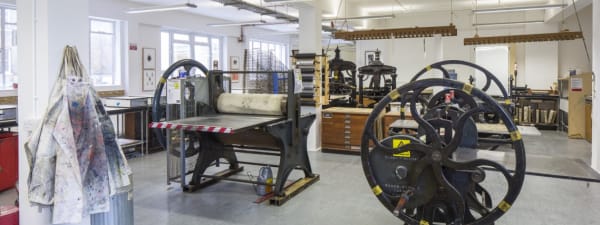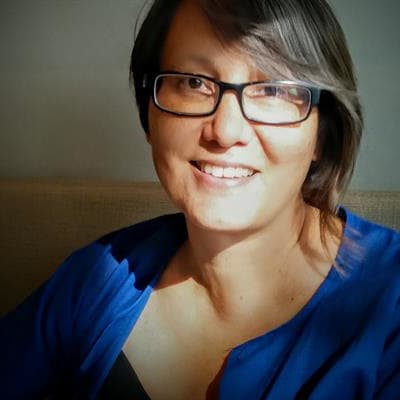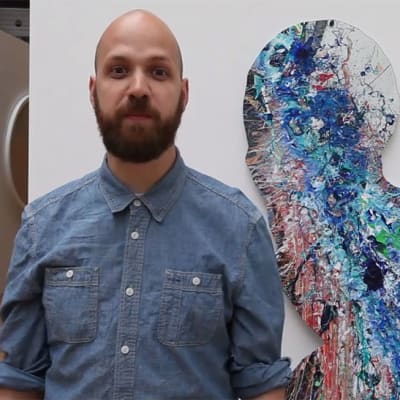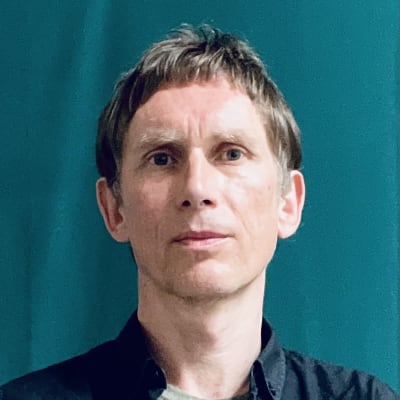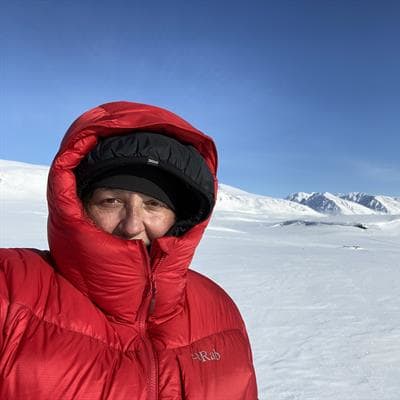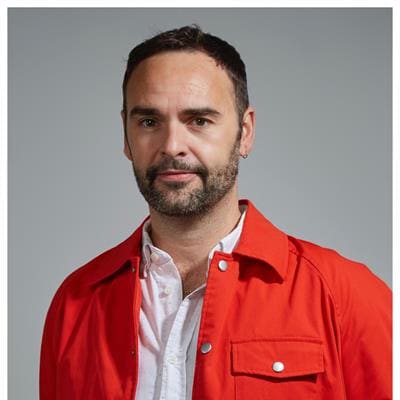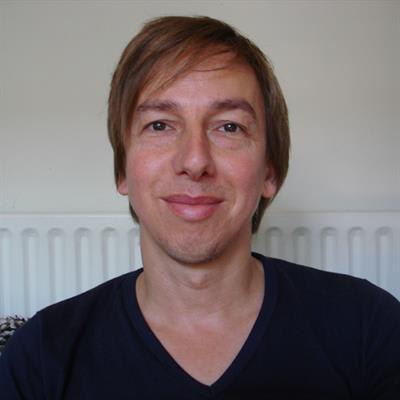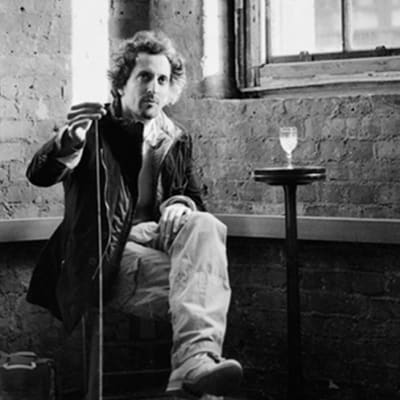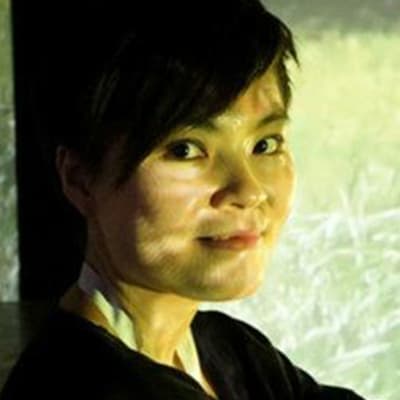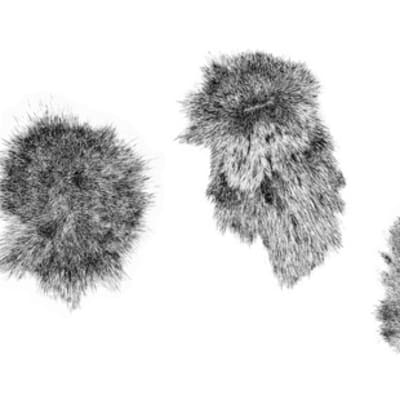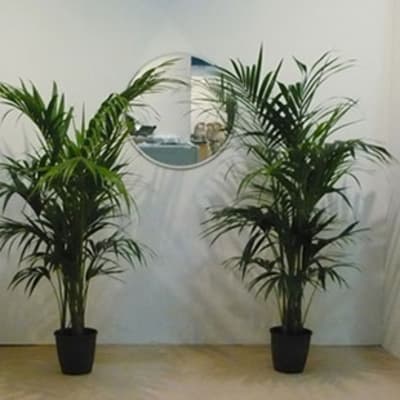Course units
The course is structured around 4 Assessed Units which are supported by a series of teaching events (including personal tutorials, group critique, lectures, workshops, inductions, and external public facing events) to support the development of your thinking and practice. Throughout the course you will also be expected to engage in independent practice and research.
Unit 1: UN-MAKE:RE-MAKE / Enquiry, Process & Communication
In Unit 1 you will engage with the studio as a site of making (un-making/re-making) and discussion; critically reflect on your processes of learning; and challenge your developing practice through risk and experimentation. You will be introduced to key theoretical and critical issues that will support your own research enquiries, engaging with material and processes with the support of a range of specialist staff. Your work in this unit will lead towards developing a Research & Practice Proposal for your continued progress.
Unit 2: The Collaborative Unit
This unit provides opportunities for cross-course creative and collaborative practices in relation to global challenges. The unit explores a range of thematic, experimental, and applied approaches to cross-disciplinary research, enquiry and knowledge exchange. The aim is to establish a framework for co-operation across the College, based on our shared values in relation to social responsibility.
Unit 3: CONTEXTS / Enquiry, Knowledge & Communication
Unit 3 takes an ambitious approach to research and practice, heightening your awareness of contemporary art practices by helping you develop and position your practice in relation to material contexts, critical theories, and histories. You will deepen your understanding of the critical contexts in which your practice operates by completing a Research Paper alongside the continuing development of your work.
Unit 4: PUBLICS / Realisation, Knowledge, Communication
During Unit 4 you will be supported in the production of a body of work for public dissemination and presentation. Throughout the unit, you will advance your professional and academic skills to a level that prepares you for post-graduation practices.
Teaching Events
Individual and Personal Tutorials take place in the studio with your designated tutor, they are a chance for you to share your ongoing developments and plans, getting direct feedback from the tutor.
Group Crits and Tutorials are an important opportunity for you to share your developing work with peers and tutors and to test the work physically in the studio spaces.
Practice Events take place in Units 3 and 4 and are an opportunity to develop curatorial strategies in a group context to present finished work in the studio project space. These events offer you practice and experience in the curation of work through collective endeavour and engage you in critical discussion with your peers.
Research Events are Unit 3 tutor-led group sessions in which shared research interests are explored and expanded as students develop the focus for their Research Papers.
Lecture and Seminar Programmes take place throughout the course and help contextualise and broaden your practice and its references. Postgraduate lectures offer the opportunity for all members of the MA-level Art programme to meet regularly for debate and engage with contemporary issues that touch all the disciplines. There are additionally, Art programme lectures delivered by visiting artists, and specific MA Fine Art programme seminars.
Open Studios are semi-public events, focusing on the development of your work, engaging with a public and developing self-organisational skills. They take place in your studio spaces at the end of the Autumn term, allowing an opportunity for students to share their work-in-progress with other courses and a small external public. An additional Open Studio takes place at the end of the academic year for first years only and provides an opportunity for students to develop a small, curated exhibition.
Workshops and technical inductions help support your introduction to, and use of the designated Art Programme facilities in college. Alongside inductions arranged by the course, you are encouraged to independently engage with these spaces where additional support is available within the workshops.
Independent, collective, and collaborative work. An important emphasis of the course is self-organisation and co-operative working. As you develop more independence over the course, you will also have opportunities to engage with a variety of projects or practices that involve a level of collaboration and co-operation.
Exhibitions and public facing events. There are a number of publicly facing exhibition and event moments during the two years (physical and online). Of central importance to the course structure are the exhibitions and events that bring together students from across the Central Saint Martin’s postgraduate Art programme. These are: Interim Show (Spring Term, Year 1), Editions (Autumn Term, Year 2), and the Showcase (Summer Term, Year 2). These events depend on students’ collective participation.
Interim exhibition provides you with opportunities for directly sharing practice and experience with the broader post-graduate community across the art programme. It creates an opportunity to test your ideas outside of the studio context and approach audience engagement with your developing work.
Editions is an annually changing public-facing event which gives you direct experience of commercial enterprise. Based on the format of an edition, each student will produce a number of prints which will be put up for sale. All second-year students contribute to the preparation and running of the event. Proceeds contribute to further student Showcase activities.
Showcase: this takes place after your final assessment and is an opportunity to show your work publicly. The exact format and location is determined each year.
Additional and optional opportunities: Each year there are a series of MAFA elective and mandatory projects, providing you with additional opportunities to expand and develop your practice. These include international projects, external exhibitions and trans-disciplinary partnerships, media specific focus, publications and site-specific events- in both real and virtual environments. We have also worked collaboratively on projects with other MA and BA Art courses, or with courses external to the Art Programme. Students are encouraged to independently engage with opportunities for further collaborations, project work, exhibitions and research outside of the course, programme or college, but must inform their tutor and Course Leader and ensure it does not affect their ability to engage with the course.
Important note concerning academic progression through your course:
If you are required to retake a unit, you will need to cease further study on the course until you have passed the unit concerned. Once you have successfully passed this unit, you will be able to proceed onto the next unit. Retaking a unit might require you to take time out of study, which could affect other things such as student loans or the visa status for international students.
CSM Academic Support is delivered by a team of academics and practitioners working alongside your course to help you progress and achieve your maximum potential as a student. Academic Support can help you to develop your skills in different areas, including critical thinking, research and writing, time management, presentations and working independently and collaboratively. These may be offered as part of your timetabled classes or as bookable tutorials and workshops.
Mode of study
MA Fine Art is offered in extended full-time mode which runs for 60 weeks over two academic years. You will be expected to commit 30 hours per week to study, which includes teaching time and independent study. The course has been designed in this way to enable you to pursue studies, while also undertaking part-time employment, internships, or care responsibilities. We would however expect full attendance on the scheduled teaching days (Monday to Wednesday).
Credit and award requirements
The course is credit-rated at 180 credits.
On successfully completing the course, you will gain a Master of Arts (MA degree).
Under the Framework for Higher Education Qualifications, an MA is Level 7. All units must be passed in order to achieve the MA but the classification of the award is derived from the marks for the third and fourth unit.
If you are unable to continue on the course, a Postgraduate Certificate (PG Cert) will normally be offered following the successful completion of 60 credits, or a Postgraduate Diploma (PG Dip) following the successful completion of 120 credits.
